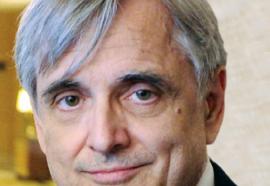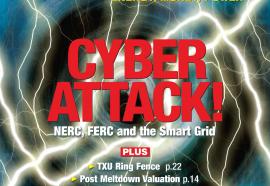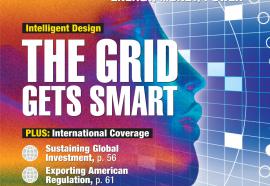Frequency Regulation
Submitted by meacott on Thu, 2011-12-01 17:03Putting market economics ahead of reliability, the Federal Energy Regulatory Commission (FERC) has told regional transmission organizations (RTOs) and other grid system operators (ISOs) to rethink the prices they pay for the ancillary service known as frequency “regulation.”
In short, FERC wants all power plants to do what they do best — recognizing that some may be well adapted to providing regulation service, but others perhaps not.










